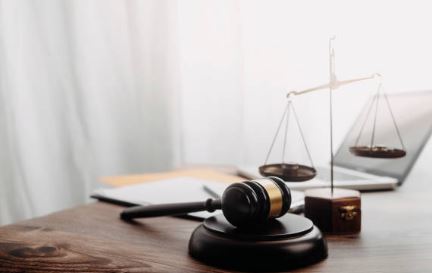Securing a swift release on bail in Toronto can be a critical concern for anyone facing criminal charges. A criminal lawyer’s expertise and experience are invaluable in navigating the complex legal landscape of bail proceedings, ensuring a faster and more efficient release. Here are key ways in which a criminal lawyer can expedite your release on bail in Toronto:
Understanding the Legal System
Criminal lawyers possess in-depth knowledge of the legal system, including the procedures and criteria for granting bail. They understand the intricacies of the Canadian bail system and the specific requirements of Toronto’s courts. This knowledge allows them to effectively navigate the legal processes and avoid common pitfalls that could delay a bail application.
Preparing a Strong Bail Plan
A robust bail plan is crucial for convincing the court to grant bail. A criminal lawyer will help you prepare a comprehensive bail plan that includes a suitable surety (a person who agrees to supervise the accused), a detailed supervision plan, and conditions that address any concerns the court may have about the accused’s release. This plan demonstrates to the court that you have a structured and supportive environment awaiting your release, thereby increasing the chances of a favourable bail decision.
Persuasive Advocacy
A criminal lawyer’s in Etobicoke advocacy skills are essential in presenting your case compellingly to the judge. They will argue persuasively on your behalf, highlighting factors such as your ties to the community, employment status, family responsibilities, and lack of prior criminal record. By effectively addressing the court’s concerns about flight risk and public safety, a lawyer can significantly improve the likelihood of a prompt bail release.
Negotiating with the Crown
Experienced criminal lawyers in Mississauga often have established relationships with Crown prosecutors. They can negotiate with the Crown to reach an agreement on bail terms before the court hearing. These negotiations can streamline the bail process and result in mutually acceptable conditions for your release, thereby expediting the entire procedure.
Ensuring Compliance with Legal Requirements Mississauga
A criminal lawyer ensures that all legal documents and procedures are correctly handled. This includes preparing and filing the necessary paperwork, ensuring that sureties are present and adequately prepared for their roles, and ensuring compliance with any other legal requirements. Any errors or omissions in this process can lead to delays, but a lawyer’s meticulous attention to detail helps prevent such issues.
Managing Bail Hearings Efficiently in Toronto
Bail hearings can be complex and time-consuming. A criminal lawyer knows how to efficiently manage these hearings, ensuring that all necessary evidence and arguments are presented promptly and effectively. Their familiarity with the court’s procedures and expectations allows them to avoid unnecessary delays and expedite the hearing process.
Post-Bail Release Support
After securing your release on bail, a criminal lawyer continues to provide crucial support. They help you understand and comply with bail conditions, reducing the risk of any violations that could lead to re-arrest or delays in your legal proceedings. This ongoing support ensures that you remain in compliance with court requirements, maintaining your freedom while your case is pending.
A criminal lawyer’s expertise is indispensable in achieving a faster release on bail in Toronto. Their knowledge of the legal system, ability to prepare strong bail plans, persuasive advocacy, negotiation skills, attention to legal requirements, efficient management of bail hearings, and post-release support all contribute to a streamlined and expedited bail process. By leveraging these skills, a criminal lawyer can significantly improve your chances of a swift and successful bail release, allowing you to continue with your life while your legal matters are resolved.



